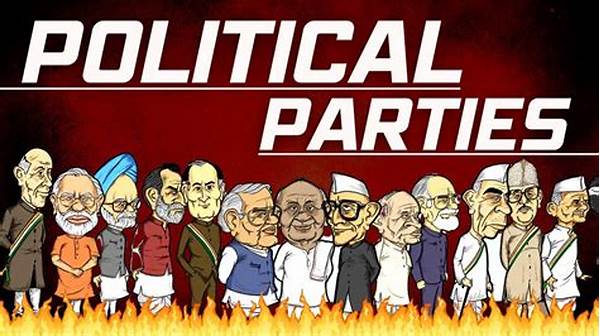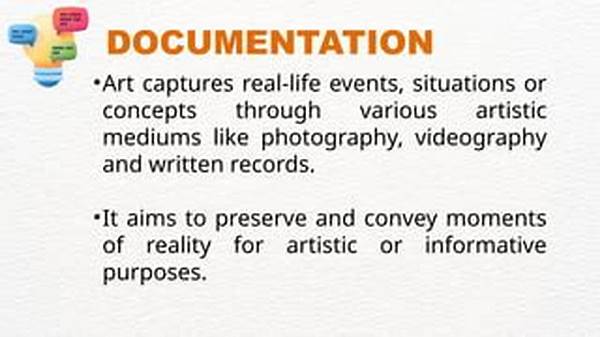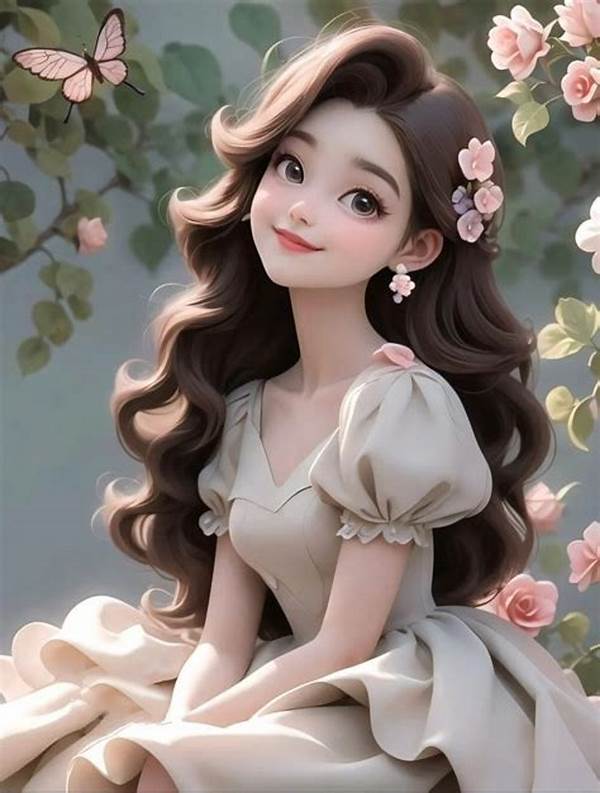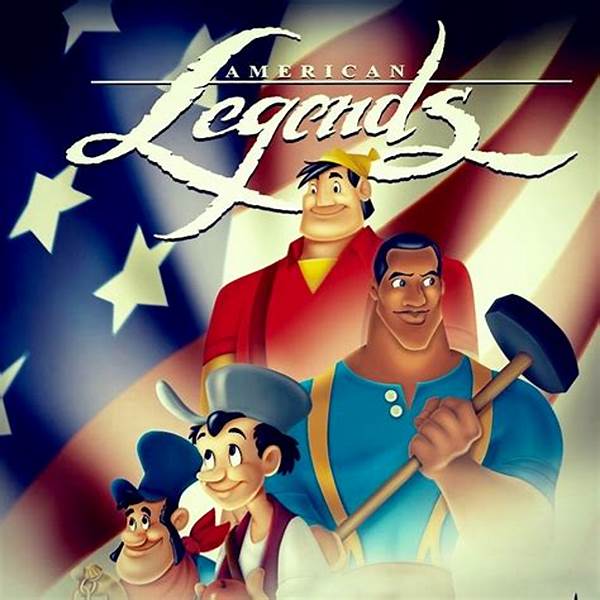Animation isn’t just for kids anymore. It’s a vibrant world filled with intricate storylines and deep, mind-bending themes that appeal to audiences of all ages. One particular element that has been gaining momentum is the presence of political themes in animation. Whether it’s the struggle for power, tales of social justice, or the fight against oppressive regimes, political narratives offer more than mere entertainment; they prompt introspection and provoke meaningful conversations about the world we inhabit.
Read Now : Animated History Educational Tools
Unlocking Hidden Messages
Ever wondered how animators sneak complex political issues into seemingly innocuous cartoons? It’s all about the art of subtlety and engagement. Animation serves as an ideal platform for tackling heavyweight topics without the heavy-handed delivery. Characters often symbolize more significant societal elements, making the narratives relevant and relatable. Creators leverage their creative freedom to challenge norms, shining a spotlight on crucial political themes in animation that may otherwise be overlooked. With humor and creativity as their tools, animators break down walls and get audiences to confront critical issues.
The magic lies in its accessibility: no lectures, no agendas, just good old storytelling. Viewers don’t feel like they’re being preached to; instead, they’re warmly invited to ponder issues like governance, freedom, and equality without leaving the comfort of their couch. It’s a genius move because once the screen goes dark and the credits roll, these ideas linger, sparking discussions that matter.
Challenging Norms Through Animation
1. Many animated shows dissect bureaucratic systems, exposing their inefficiencies.
2. Animations often portray dystopian futures, warning us about current political trajectories.
3. Stories about revolution emphasize the power and voice of the people.
4. Characters symbolize marginalized communities, facilitating empathy from the audience.
5. Political themes in animation ignite dialogues on social justice and governance dynamics.
An Educational Platform Beyond Borders
Not just entertainment, political themes in animation serve as educational platforms crossing geographical and cultural boundaries. Animation has the power to reach places where traditional dialogues might falter. It offers a universal language, breaking barriers and magnifying voices that demand attention. Animation engages viewers of all ages and backgrounds in essential discussions about governance and societal equity.
The boundary-pushing is impressive. From Eastern anime to Western cartoons, a myriad of narratives unfolds, each weaving political themes in animation into their fabric. They don’t just entertain; they educate and influence mindsets. These stories resonate with the generation that consumes them, instigating dialogues on topics such as war, peace, societal structures, and the role of the individual within complex systems.
Dismantling Prejudices with Iconic Characters
The world of animation introduces us to unforgettable characters who dismantle stereotypes and prejudices. Let’s be real, it’s hard not to grow fond of them. Their journeys highlight political themes in animation like equality, justice, and the importance of celebrating diversity.
1. Iconic figures challenge gender norms, demonstrating empowerment.
2. Symbolic characters expose racial injustices and biases.
3. Their tales often inspire real-world activism and advocacy.
4. Animated leaders model diplomatic conflict resolution.
Read Now : Understanding Values Through Fables
5. Many characters explore themes of exile and belonging.
6. Showcased narratives on environmental stewardship resonate deeply.
7. Family units often reflect societal structural integrity.
8. Characters expose the absurdity of censorship and misinformation.
9. Animated stories frequently challenge class hierarchies.
10. Symbols and allegories in animation provoke self-reflection on governance.
The Culture of Resistance
Political themes in animation have kindled a fresh culture of resistance. These stories aren’t just for entertainment; they’re subtle calls to action, urging us to reevaluate societal norms and power structures. They are mirrors reflecting the flaws in systems we often consider untouchable, daring us to question unjust realities.
Story arcs centered around rebellion and resistance highlight our inherent desire for freedom and equality. Featuring characters who defy odds, these animations inspire viewers to reflect on their roles in society and contemplate changing the status quo. They fuel an optimistic belief that change is attainable, advocating resilience in the face of adversity and showcasing pathways toward transformative societal shifts.
Lighting the Path to Progress
More than just storytelling, political themes in animation encourage proactive thought and curiosity. By wrapping vital discussions in colorful visuals and compelling plots, animation plants seeds of awareness that cultivate future generations of thinkers and change-makers. It’s more than art; it’s a roadmap to progressive thought.
As the powerhouses of animation evolve, so do the complexity and richness with which they tackle political themes. They paint vivid, engaging narratives that are not just memorable but also impactful. Our screens light up with tales that don’t just entertain but enlighten and empower, bridging gaps between diverse communities and fostering a shared understanding of pressing global issues. They invite us to envision a world where change isn’t just animated—it’s very real.
A Future Shaped by Animation
There’s no denying it: the presence of political themes in animation is revolutionizing storytelling. Through these narratives, we don’t just escape the mundane—we find ourselves confronting the very essence of humanity and society. These animations make bold statements about our collective future. The lines between fiction and reality blur, inviting us to imagine a world shaped by dialogue, understanding, and shared ideals.
Ultimately, the potential of political themes in animation to influence societal attitudes and perceptions is vast. As more creators harness this potential, their importance only continues to grow. Animation isn’t just child’s play, it’s a dynamic, transformative force with the power to shift perspectives, inspire movements, and redefine the cultural landscape. Let’s not just watch these animated narratives—let’s engage with them, allowing their messages to drive us toward a more informed, compassionate, and equitable society.



